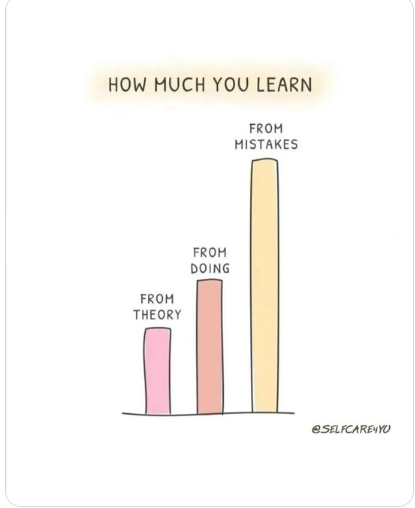Public Schools need to get a life.
It’s the only grade that matters – Life Skills 101.
Instead of obsessing about A.P. courses or writing pseudo-research papers to get into elite colleges, there’s another way.
How about teaching kids a curriculum that’s applicable after they depart the world of honor rolls and standardized tests?
There’s a lot about public schools that’s great, but they’re often lacking in the real-world component.
It’s not the teacher’s fault. Many attend college, get their master’s degree, and immediately begin teaching. The only world they know exists in a school. They do their best to teach their students how to survive and thrive in this environment. Life experiences in careers outside the ivory towers of education are often absent from their resumes.
It’s difficult teaching kids how to maneuver in a corporate environment or start a business if you haven’t done these things yourself.
Thriving in a career is a different ball game. This doesn’t include sitting in silence and guessing at answers on a multiple choice you’re unsure about.
Last week, we spoke to some junior and senior students at a local high school. Their teacher, a 403(b) client, teaches a career elective and thought we could provide some valuable perspective.
She’s concerned that her students are upset they haven’t figured it all out. Some of their parents are pressuring many into careers that don’t suit their interests or personalities. Others are unsure if a four-year degree is right for them and would like to explore alternative certification programs but face intense peer pressure from journeying down that road.
She asked us if we could tell our stories and help her students understand life is a process, not an Instagram post. As the old saying goes, straight roads don’t make great drivers.
Here are some words of wisdom we offered to a very receptive audience. (Except for one kid who wasn’t in the class but asked if he could attend and promptly put his head down and fell asleep. I love High School!)
- You SHOULD be nervous when making a big decision. If you aren’t, something is wrong.
- Find a successful person you admire for the right reasons and copy their habits for success. You don’t have to reinvent the wheel to make it big.
- You can simultaneously make a lot of money and be a positive force for good in the world. These two items aren’t mutually exclusive.
- There are many people out there who DON’T want you to succeed. It makes them feel better about their own failed personal choices. Identify and avoid these people like the plague.
- After entering the workforce, find a person you admire. Identify a part of the job this person hates and volunteer to take over these responsibilities. It’s a terrific way to become indispensable in a short period.
- You will most likely change jobs and careers numerous times in your lifetime. Never stop learning, and be flexible. Eighteen-year-olds who have it all figured out don’t. Memorizing isn’t learning.
- Failure is your most outstanding teacher. Always learn from your mistakes. If you aren’t making errors, you’re not challenging yourself. The best teacher is your last mistake.
- Youth is the time to become a serial skills acquirer. The more skills you attain, the greater the demand for your services. The money will soon follow.
- It’s better to own a small piece of something large and successful than possess 100% of something that isn’t
- Do something for a living that interests you. It’s almost impossible to thrive in an environment that you despise.

The period ran forty minutes, but we gave them plenty to ponder. Many students shook our hands and thanked us when the bell rang. The teacher said one boy who barely said anything all year was the most active participant in the class today.
Hopefully, they will all become A-Students in life.
Realizing that education begins after graduation is a vital first step.





